You’re probably here because you went on a drive recently and realized, “my car sounds like a go kart when I accelerate”. However, this noise may not provoke the same thrill as actual go karting does, as a matter of fact, this might be worrisome.
While this can be a sign of some bad complications, most of the time, this points to smaller issues such as a damaged pulley or belt, where a replacement should do the trick and eliminate the noise.
Read along to know every possible cause and their fixes.
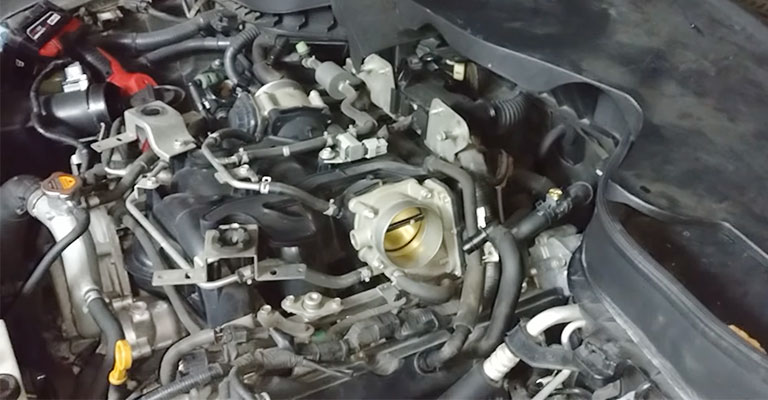
My Car Sounds Like A Go Kart When I Accelerate, How Do I Stop It?
A common reason for noises when accelerating is inefficient belts. Worn or cracked belts or damaged pulleys will prevent the belt from running smoothly during driving. Not only does this reduce efficiency, but it also creates that unwanted noise.
Replacements of certain components can solve this, however, it’s best to investigate further and consult a professional lest there be a bigger problem that you failed to notice. Ignoring worse conditions can often inflict irreversible damage to your car so try to identify the error immediately.
Identifying The Car Sounds And Determining What Is Causing Them
Before you rule out any issues, it’s important to take note of the exact kind of sounds you hear, where you hear them, and what part is involved. Below are some sounds your car is probably producing and is heard like the sound of a go kart.
Squealing
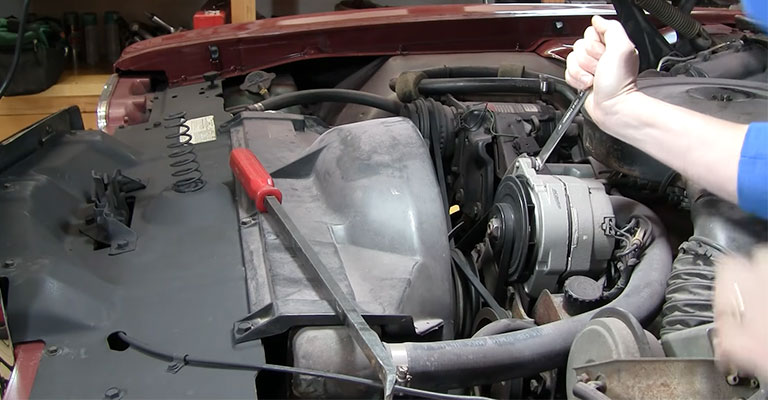
A squeaking or squealing noise from under the car usually indicates a problem with the belts or the pulleys. They may be worn out, cracked, or even loose, hampering how smoothly the belt runs. This can also happen when you carry out other actions such as turning on the AC, the belt related to that part needs to be checked too.
Rumbling
A low rumbling noise is likely from the exhaust system. This points to leaks or small troubles within the system such as individual pipes being worn out. Another reason could be complications in the transmission. You must take it to the mechanics if you’re suspecting these issues.
Ticking
Usually heard as a constant ticking or clicking, this often means you’re low on oil. Refill your tank and try driving again to see if the sounds persist. If it does or if it increases with acceleration, it’s time to visit your mechanic again.
Grinding
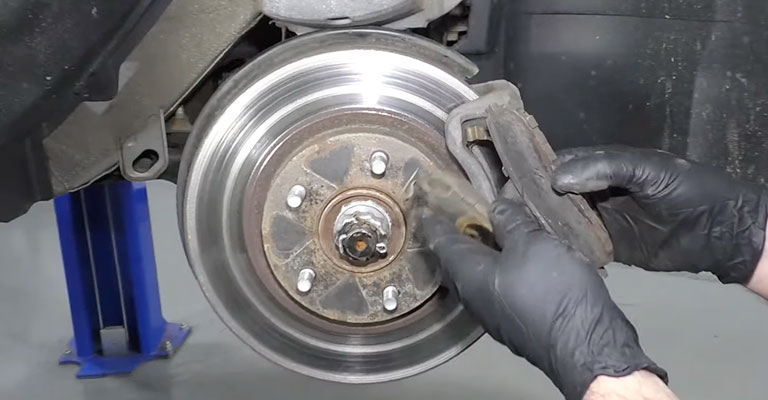
Grinding noises when accelerating or shifting gears tells you that your clutch isn’t working as it should. This may be as small as bad coordination of your feet when pressing the clutch or even a run-down clutch that needs attention asap.
Keep in mind, your car’s transmission can also be behind this.
Knocking
Loose components or dysfunctional pistons create knocking noises. Pay close attention to where the knocking is coming from, it might be any item in your glove compartment. If it isn’t, the spark plugs, pistons, and fuel filters are the first places you need to check.
Fixes That Should Stop The Noise
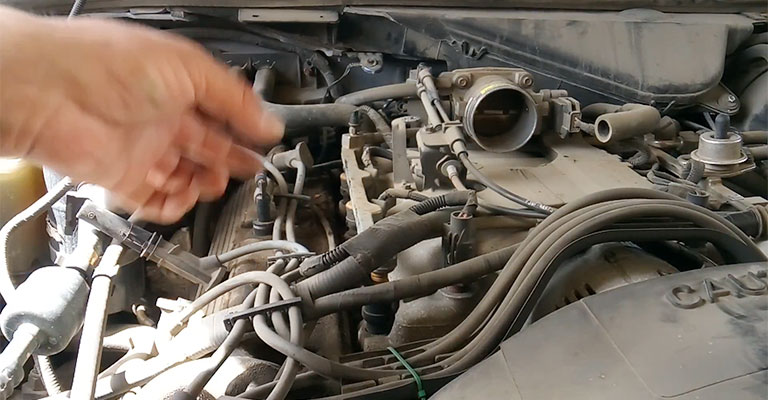
These fixes are general and a little experience with cars will possibly solve the problems. However, it’s always best to have someone with better credentials take a look!
Refills
Your car’s symptoms can be frightening but a lot of these show up when you’re running low on oil. So, make sure you have sufficient oil when you’re trying to examine any anomalies.
Although unlikely, some transmission complications may require a change of transmission fluid as well.
Replacements
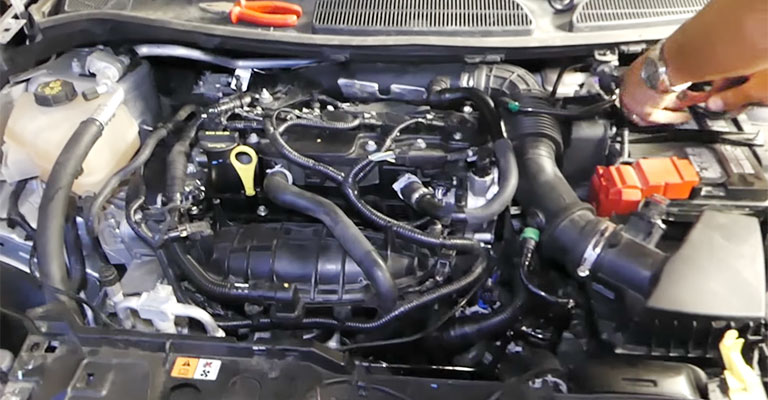
Grinding, rumbling, or rattling is common signs that something needs a change. Keep track of how long your parts and components should last and don’t wait for it to cause a dilemma before you realize it’s time to switch them out.
Greasing
Bearings and joints require proper greasing to operate. Dry parts cause unwanted noises and wear more quickly, so if that is the case, don’t delay reapplying the grease.
Visit The Mechanics
A bumpy vehicle is a hazard to you as well as itself. Putting safety above all else, unless you’re confident in your skills to evaluate and repair, a professional is your best bet.
Leave a Reply